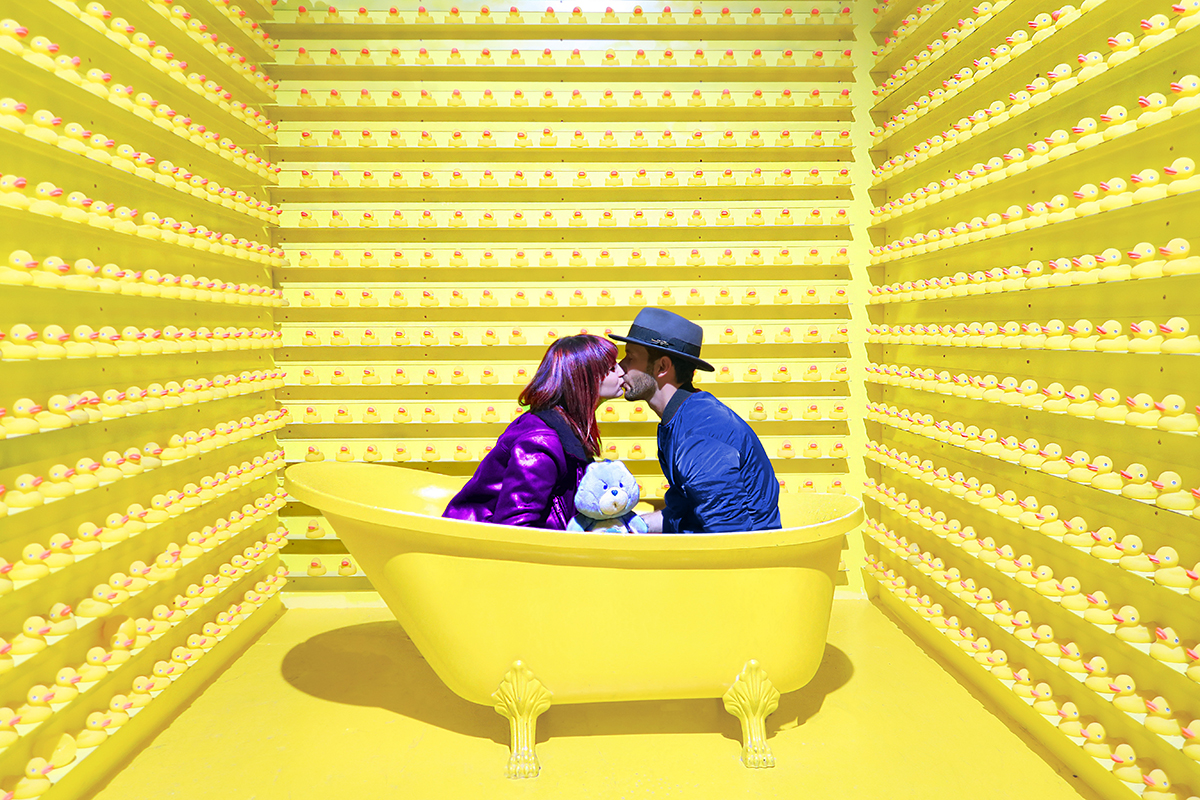Consider this: A 2013 Workplace Options survey in the United States found that nearly 85 percent of 18- to 29-year-olds would have a romantic relationship with a co-worker, compared to just over 35 percent for 30- to 46-year-olds and about 30 percent of 47- to 66-year-olds.
Even more surprising was that 40 percent of those 18- to-29-year-olds would date their supervisors. Have a guess at which industry leads in office romance. Yes, that’s right: hospitality.
So is it a problem for owners and managers when their employees suddenly fall in love? Is it a conflict of interest? What’s the worst that could happen?
The case of the hot bartender
Bartenders are like rock stars. Trust me when I tell you that they tend to be one of the hottest characters in the industry. Chefs may have an attractive reputation but bartenders have the appeal, the talk, the smooth moves, and the tricks to impress.
There was one star bartender who had a reputation for being a ladies’ man. He had all the hallmarks: good-looking, cool, outgoing, young, and confident. The customers loved him and he was brilliant at what he did. He could make 10 different cocktails in 12 minutes—from chilling the glass to placing the drink on the counter within 1.2 minutes later. Apparently, that wasn’t the only thing he was good at.
You cannot control human attraction and relationships but you can control how professionally your team handles that attraction.
One day, the team arrived to work and there was a strong, undeniable tension among them. It was like a rubber band that was stretched to breaking point. We went through service and none of the servers were talking to each other. It was a horrible night and one of the worst expressions of teamwork that I had ever seen.
I asked one of our junior bartenders what was going on, but he was reluctant to talk. I probed and prodded and finally found out that the head bartender had been caught cheating on his girlfriend (our best waitress). But this was not the end of it: Two other waitresses had also been sleeping with him and they had exploded the night before, causing drama that I thought could only exist in a Hollywood film.
Within 72 hours, I lost four waitresses. We tried to convince some of them to stay, but the embarrassment was too great for them to bear. My head bartender resigned as well, leaving me with a service staff of just two junior bartenders, one waitress, and one waiter. More than 50 percent of the team was gone overnight. And as a consequence, the business, apart from the cheating boyfriend, took a big hit.
Industry notes
- If you are a small business (cafe, restaurant, or bar), you must have a code of conduct for the team. This is a guideline on what is or is not acceptable. Ensure that this code of conduct or employment contract is approved and checked by an employment relations lawyer. It costs money but will protect your business.
- Ensure that your establishment is not too reliant on individuals. Your junior bartenders should be able to perform without your head bartender and all your waiters and waitresses must be able to cover for any losses.
- You cannot control human attraction but you can control how professionally your team handles that attraction. You can build your team on a foundation of rules and guidelines that can help direct their behavior in a professional manner and never bring the business into disrepute.
Originally published in F&B Report Vol. 13 No. 2






Never commit a infidelity at work specially when you knew your colleague is a married man and have a child. Have a decency for yourself.